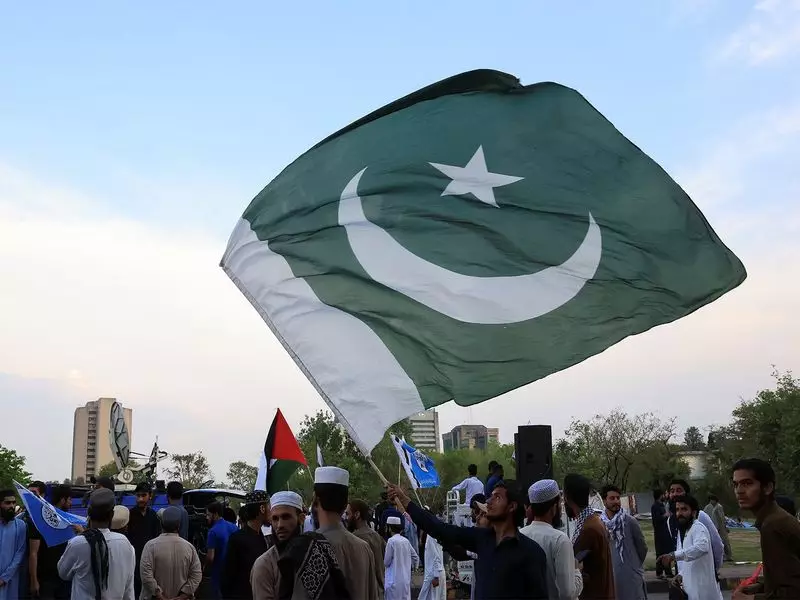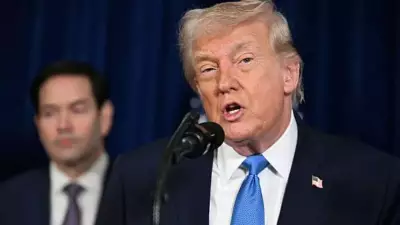
The troubled province of Balochistan continues to endure severe repression under Pakistan's tightening military control, with residents living in constant fear amid widespread human rights violations and systematic economic deprivation.
Systematic Crackdown on Civil Society
Pakistan's military and intelligence agencies have intensified their campaign of enforced disappearances and extrajudicial actions across Balochistan, creating an atmosphere of terror that silences dissent. The ongoing military operation, particularly in the Mach and Bolan regions, has resulted in numerous civilian casualties and arbitrary detentions.
Security forces routinely conduct violent raids on homes during nighttime hours, breaking down doors and subjecting residents to physical abuse and intimidation. The pattern of repression specifically targets Baloch youth, students, and political activists who dare to voice concerns about the region's treatment.
Economic Deprivation Amid Resource Wealth
Despite Balochistan's enormous natural resource wealth, including substantial gas reserves and mineral deposits, the local population remains mired in extreme poverty and lacks basic infrastructure. The province provides nearly 40% of Pakistan's total gas production, yet most Baloch villages and towns suffer from severe gas shortages and frequent power outages.
The strategic Gwadar Port, often touted as a cornerstone of the China-Pakistan Economic Corridor (CPEC), has primarily benefited non-locals while creating minimal employment opportunities for indigenous Baloch communities. Local fishermen have been systematically displaced from their traditional fishing grounds, destroying livelihoods that sustained generations.
Brutal Response to Peaceful Protest
The Pakistani state's heavy-handed approach was particularly evident during the recent Baloch Long March protest movement, where participants marching from Turbat to Islamabad faced violent crackdowns. Police used water cannons, baton charges, and mass arrests to suppress demonstrators demanding an end to enforced disappearances and extrajudicial killings.
Female protesters and leaders like Dr. Mahrang Baloch have been specifically targeted with intimidation campaigns and character assassination attempts. The state has employed various tactics to discredit the legitimate demands of the Baloch people, including labeling activists as foreign agents or terrorists.
The international community has largely remained silent about the systematic human rights abuses in Balochistan, despite mounting evidence of war crimes and crimes against humanity. Human rights organizations continue to document cases of torture, kill-and-dump operations, and the discovery of mass graves across the province.
As the repression escalates, Balochistan faces an uncertain future where basic freedoms remain elusive and the fundamental rights of its people are routinely violated by the very state institutions meant to protect them.





